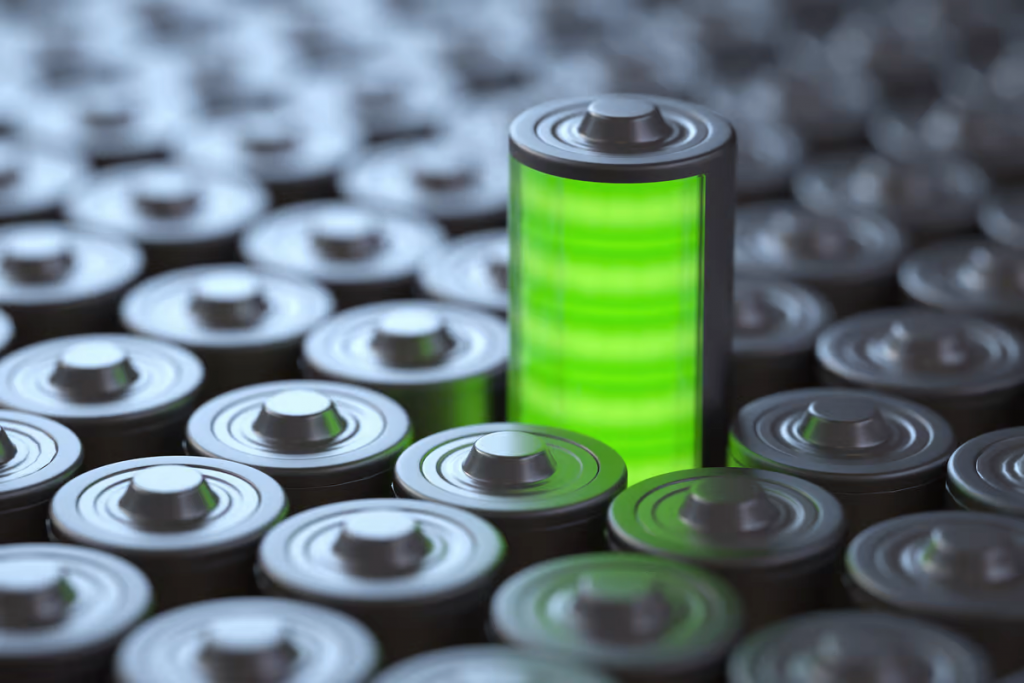An international team of scientists has developed an eco-friendly and low-cost battery. The group’s unique sodium-sulfur battery design provides a fourfold increase in energy capacity compared to a typical lithium-ion battery. It can be expanded to a grid scale as well.
It is a molten-salt battery that can store huge amounts of renewable energy.

“When the sun isn’t shining and the breeze isn’t blowing, we need high-quality storage solutions that don’t cost the Earth and are easily accessible on a local or regional level,” said lead researcher Dr. Shenlong Zhao from the University of Sydney. “We hope that by providing a technology that reduces costs we can sooner reach a clean energy horizon.”
The team’s design employs carbon-based electrodes and a thermal degradation process called pyrolysis to alter the reactions between the sulfur and sodium.

“Our sodium battery has the potential to dramatically reduce costs while providing four times as much storage capacity,” said Dr. Zhao. “This is a significant breakthrough for renewable energy development which, although reduces costs in the long term, has had several financial barriers to entry.”
“It probably goes without saying but the faster we can decarbonize – the better chances we have of capping warming,” said Zhao. “Storage solutions that are manufactured using plentiful resources like sodium – which can be processed from seawater – also have the potential to guarantee greater energy security more broadly and allow more countries to join the shift towards decarbonization.”
The research was published in the journal Advanced Materials.


